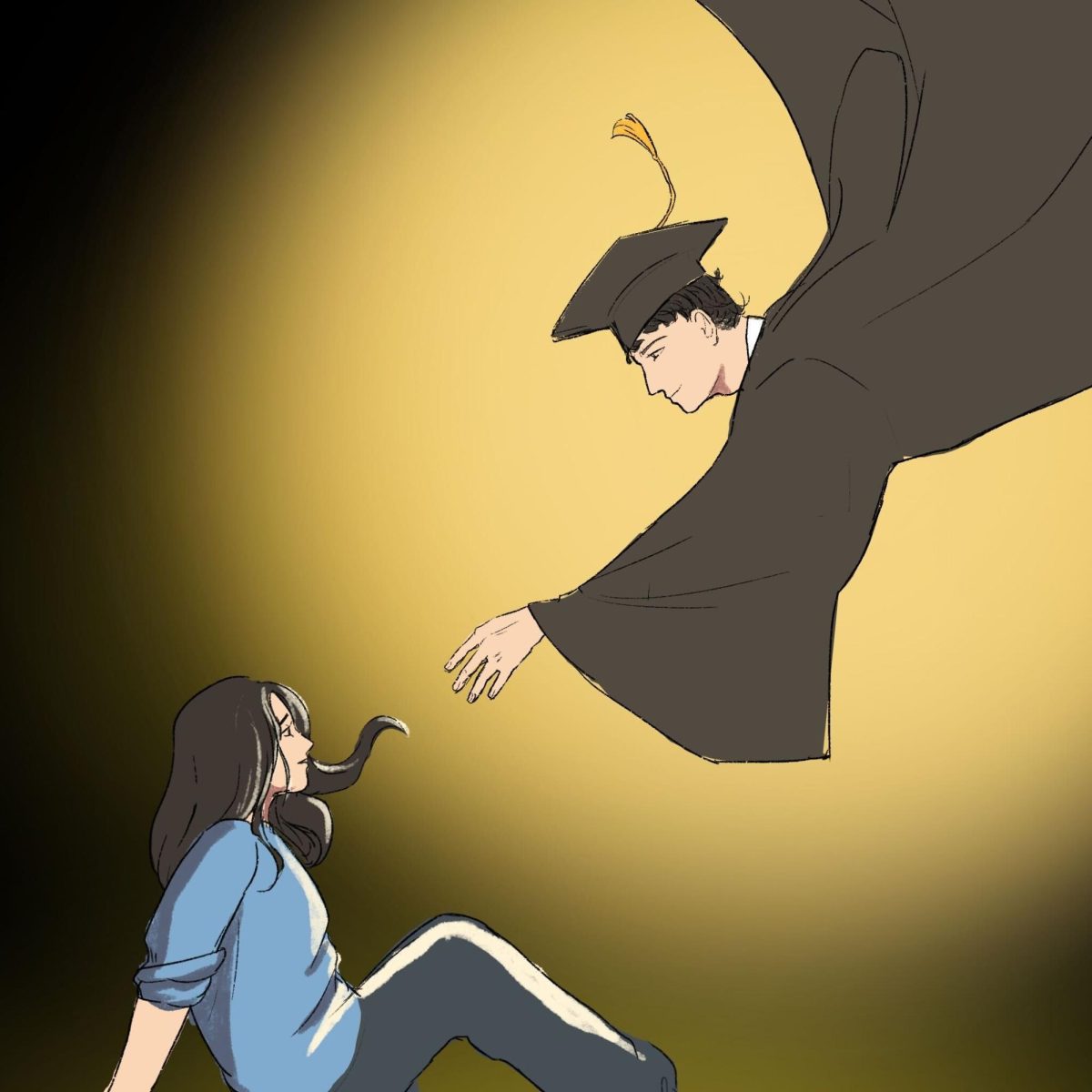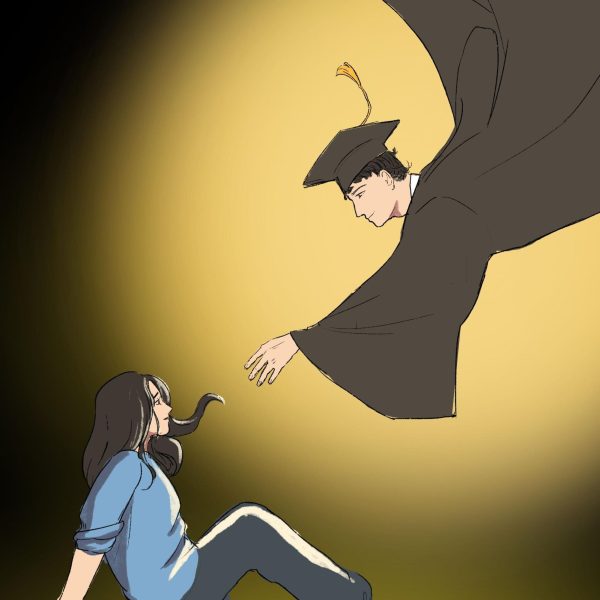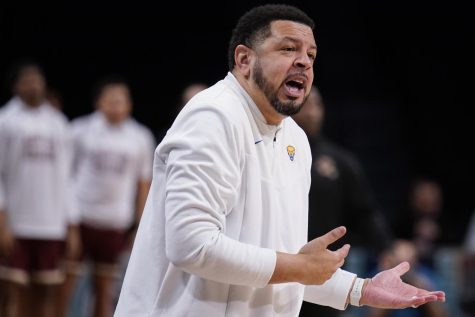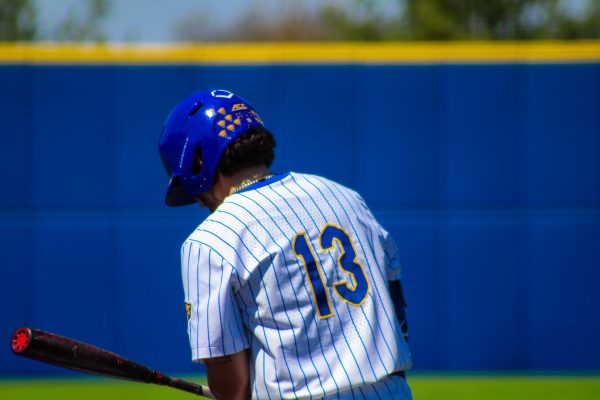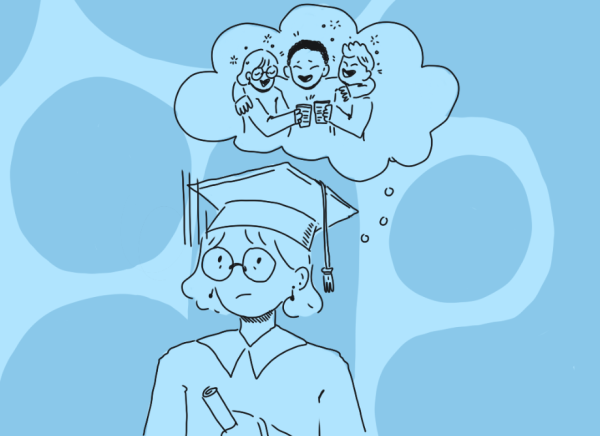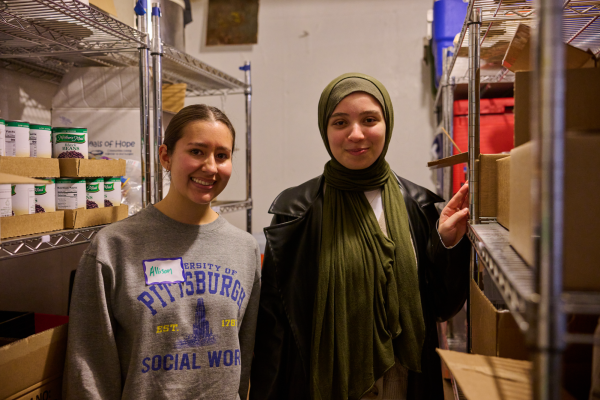Analysis: Experts examine effectiveness of student activism
March 29, 2011
By this point, most Pitt students have heard about the education funding cuts proposed earlier… By this point, most Pitt students have heard about the education funding cuts proposed earlier this month by Republican Gov. Tom Corbett.
An informal survey taken last week in Towers Lobby found that about 40 out of 50 student respondents were aware that Pitt could lose more than $80 million next year in state funding as part of Corbett’s first budget.
And though most students admitted they didn’t follow the issue closely, a high number said the potential cuts worried them personally, especially if it would mean any significant tuition hikes next year.
These worries sparked significant reactions from some students across the state in the form of protests, petitions and letter-writing campaigns. Here at Pitt, many of the anti-cut initiatives have been lead by SGB President Molly Stieber and the Student Government Board. Pitt’s graduate student government has also contributed significantlyto the projects.
Their efforts have caught the attention and admiration of some legislators and administrators, but have led others to question what effect students will have on the lawmakers in Harrisburg who, during the next few months, will decide how much of Pitt’s $160 million allocation to restore.
The sleeping giant?
The eighth floor of the William Pitt Union is a busy place these days under the direction of Stieber and the 2011 Board, much as it was under former president Charlie Shull last year, when students faced a different — and significantly less expensive — funding threat.
The infamous Fair Share Tax, which Pittsburgh Mayor Luke Ravenstahl proposed last year to plug a gap in the city budget, would have cost Pitt students a share of just $15 million. The proposal ultimately failed after coordinated protests from both students and Pitt administrators, who banded together to voice opposition to hiking student fees.
Today, the Pitt community faces a threat more than five times larger than the numerical value of the Fair Share Tax, and the advocacy campaigns are once again rolling forward.
Perhaps chief among those initiatives has been SGB and GPSA’s letter-writing campaign and the Board’s ongoing effort to, as Stieber likes to put it, “share the personal side of the education funding issue.”
At a meeting held last week about student activism, Stieber stressed that line of argument.
“Our administrators go to Harrisburg all the time to speak with lawmakers about the numbers and percentages,” she said. “We as students don’t have to do that. Our job is to be a member of the Pitt community and let them know how cuts will directly impact our futures. We need to show that we care.”
Despite the letter-writing campaign’s initial success — the groups have gathered almost 400 personalized letters so far — Stieber admitted that convincing legislators to listen to students won’t be easy. Student voter turnout in Oakland typically falls in well under 20 percent, and Corbett, a Republican who campaigned on fiscal conservatism and a no-new-tax pledge, didn’t depend on the student vote in his election victory in November.
In that election, 66 percent of those who voted on campus opted for Corbett’s Democratic opponent, Allegheny County Executive Dan Onorato, who received 478 of the 717 votes cast here.
During the Towers survey last week, one student cited that fact when criticizing the SGB efforts, saying, “Lawmakers aren’t worried about offending students because students don’t vote. We have no power because we don’t.”
Other students voiced similar concerns throughout the week. A few of the more politically savvy reported feeling worried that student appeals could fall on deaf ears because a vast majority of Democrats in the state House, along with no small number of Republicans, already oppose the proposed cuts to education spending.
They felt that, with Pitt’s administration pushing so hard, some felt there is little for students to do but sit and wait with fingers crossed.
The call to action
Stieber thinks that’s a ridiculous point of view. So does Pitt’s Vice Chancellor of Governmental Relations Paul Supowitz, who serves as one of the University’s chief lobbyists to Harrisburg.
Supowitz joined Stieber at SGB’s advocacy forum last week, fielding student questions about the most effective ways to impact the ongoing budget battle. He also stressed the importance of “personalizing the issues.”
“What the legislators are going to listen to is the story of the first-generation college attendee who won’t be able to afford any substantial tuition hikes,” he said. “Or the story of a biomedical science student getting a top-quality education for a public school price.”
While Supowitz spoke, one student raised his hand and asked why the personalization is so effective.
“Because the legislators, like the rest of us, are just people and are subject to the same concerns as the rest of us. There’s no magic here. These are folks like you and me,” he said.
So far, both Republican and Democratic members of the state Senate Appropriations Committee have agreed that student input will play a significant role in the legislature’s budgetary calculus.
State Senate Appropriations Committee Chair Jake Corman, a Republican from Centre County, Pa., commended the work SGB and students around the state are doing.
“The personal element of legislation can have a profound impact on lawmakers,” said Corman, who represents thousands of Penn State students. “I think any time you get off the raw facts and personalize your complaint, that’s going to have a strong effect on lawmakers.”
But another legislator on the Senate Appropriations Committee, Democrat Jim Ferlo, who represents most of Pitt’s campus, did not seem as confident that education funding will be restored without a serious uproar from students, administrators and — perhaps most importantly — tax payers around the state.
Ferlo called for more aggressive action from students, sharply criticizing Corbett’s proposed budget.
“The letter campaigns are fine. They are good, but nothing can beat aggressive, in-your-face activism,” he said. “Students need to travel to Harrisburg and make the case in person and with force.”
So far, so good
Franklin & Marshall College professor G. Terry Madonna, who offers political commentary for major news outlets like the New York Times,, agreed with both Stieber’s and Corman’s assessments that students are already having a big impact on the budget battle.
“We haven’t seen such a concerted effort from students in more than 30 years,” he said. “I’ve personally been impressed by the seriousness of purpose and the sophistication of arguments presented by students, and I think a lot of legislators have been impressed too.”
Madonna was quick to add that the news isn’t all good for students.
“Of course, we’re on the very start of a new election cycle, so it’s unlikely that legislators sympathetic to the cuts are worried that students are going to unite and vote them out of office. That could reduce the protests’ effectiveness,” he said.
But overall, Madonna agreed with the sentiment that lawmakers have so far been open to the education cause.
“I don’t think the 50 percent cuts will survive,” he said. “We might see 25 percent, but even that would be draconian. I would guess more in the range of 10 to 15 percent, especially if the protests keep up.”


